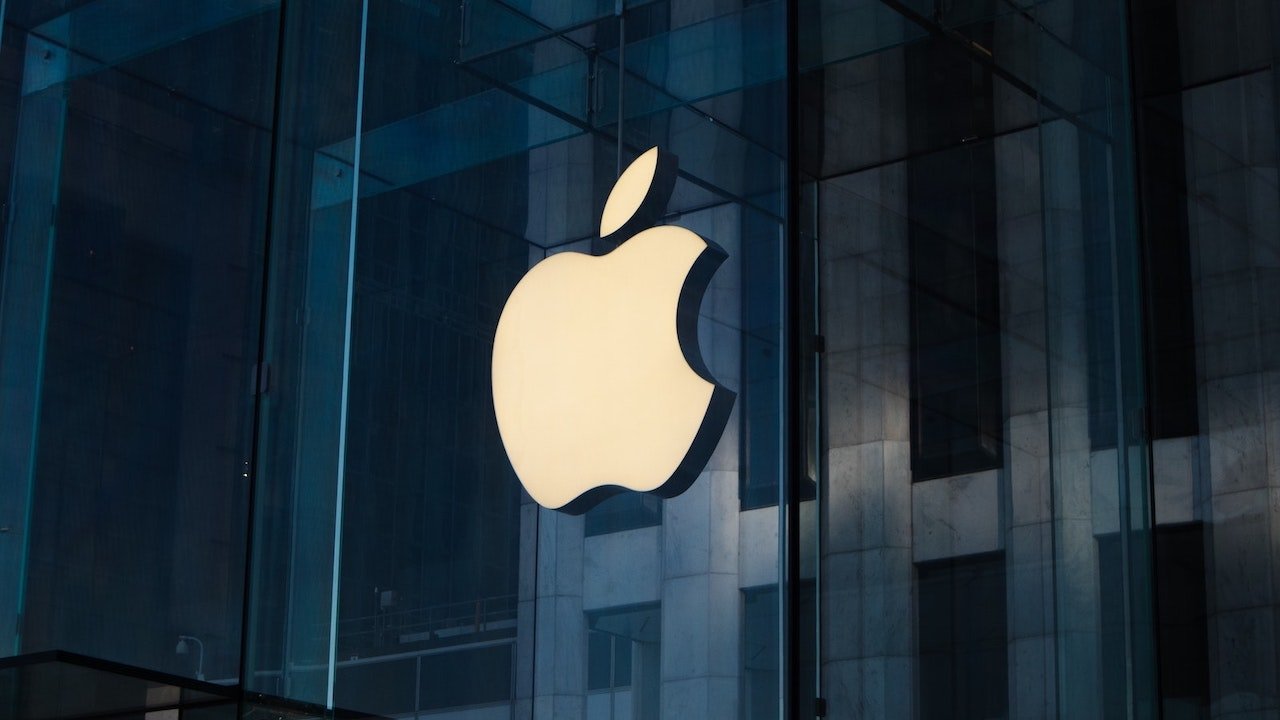Dutch regulators rule Apple must make App Store changes before Jan. 15
Dutch antitrust regulators have ruled that Apple's App Store broke competition laws in the country, and have demanded changes to its in-app payment policy early in 2022.

Apple logo on building
Authorities in the country have been investigating Apple's App Store since 2019 on allegations that the company abuses its dominance in the marketplace. In a decision unsealed on Friday, but made in October, Dutch regulators ruled that Apple's requirement that developers use its in-app payment system was anti-competitive.
In a report published on Friday about the ruling, Reuters says that Apple must make changes before Jan. 15. Should it fail to do so, it faces a fine of up to 50 million euros.
The Netherlands' Authority for Consumers and Markets told Apple of its decision in September 2021. At the time, Apple did not comment on the ruling but said the decision was under "legal review."
Apple is facing similar antitrust pressure in South Korea, where regulators also ruled that Apple's in-app payment requirements were anti-competitive. The company has pushed back against the new regulations in South Korea, claiming that it is already in compliance.
Additionally, Apple is also facing antitrust pressure in its home country. The U.S. Department of Justice is in the midst of a yearlong probe into Apple's business practices, and reports indicate that the investigation could result in a lawsuit.
Read on AppleInsider

Apple logo on building
Authorities in the country have been investigating Apple's App Store since 2019 on allegations that the company abuses its dominance in the marketplace. In a decision unsealed on Friday, but made in October, Dutch regulators ruled that Apple's requirement that developers use its in-app payment system was anti-competitive.
In a report published on Friday about the ruling, Reuters says that Apple must make changes before Jan. 15. Should it fail to do so, it faces a fine of up to 50 million euros.
The Netherlands' Authority for Consumers and Markets told Apple of its decision in September 2021. At the time, Apple did not comment on the ruling but said the decision was under "legal review."
Apple is facing similar antitrust pressure in South Korea, where regulators also ruled that Apple's in-app payment requirements were anti-competitive. The company has pushed back against the new regulations in South Korea, claiming that it is already in compliance.
Additionally, Apple is also facing antitrust pressure in its home country. The U.S. Department of Justice is in the midst of a yearlong probe into Apple's business practices, and reports indicate that the investigation could result in a lawsuit.
Read on AppleInsider

Comments
Add to this, with South Korea trying the same shit, Apple should tell them, “We will also send all our product production to other countries.”
Apple invented their iPhone, and their ecosystem. No one has to use it, no developer has to program for it. If you want to play in their garden, you pay for that privilege.
And just one entity of a duopoly can not be accused of abusing a "duopoly". Both entities must be accused of the same abuse. Like collusion or price fixing. A duopoly can consist of one entity owning 35% of the market and the other owning 55%. How can the 35% entity be abusing their duopoly and the 55% entity not? In order for one entity of a duopoly to be accused of abusing a duopoly, that entity must already be considered a monopoly. (In the true anti-trust meaning of a monopoly, not what you or that idiot CEO think a monopoly is.)
This has nothing to do with socialism and everything to do with attacking capitalism under the guise of protecting it.
First Apple will appeal and ask for a stay until the appeal is done, which might work, it did in the US.
Then they will try to do something like Google has already announced for South Korea, they will collect the same fee with a single digit percentage deduction for developers that use another payment processor. That will result near zero benefits for the developers, so attention will then shift to alternate app stores. Then there will be a long argument about how to do that in a way that is not a total sh*tshow for everybody except thieves and scammers, like it is in China. Apple and Google will try to explain that’s not possible and lawmakers and regulators will put their cluelessness on parade saying how tech is basically magic and techies are smart enough to make their fantasies work if they just stop being so difficult.
Me myself, I’m not sure. It is really complicated and has already previously been explained quite well in an old article, here on AppleInsider. I tend to not agree with the ruling, because back in 2008, when the App Store came alive, it was a godsend. Back then you’d pay about 70% to middlemen and physical stores to get your software in the hand of the customer. On the other hand: these days there are lots of alternative payment options, so blocking app makers from using them might be anti competitive.